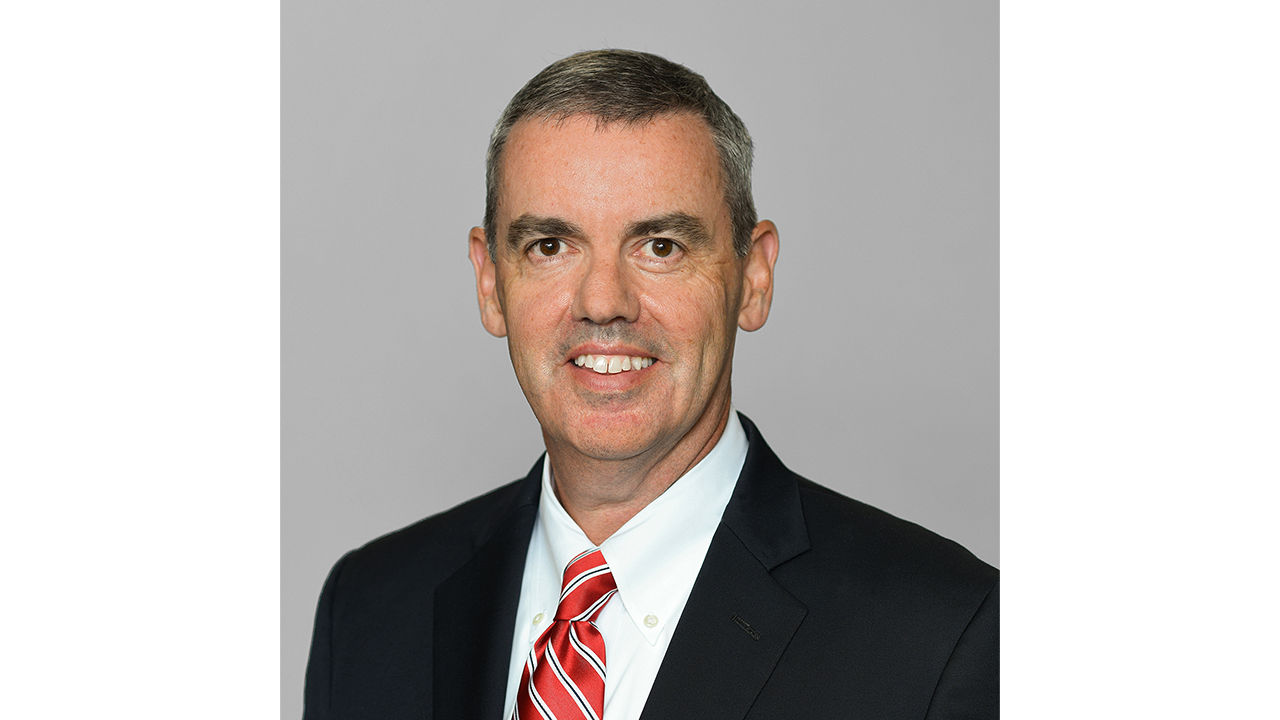Oracle Corp.'s president says the business software vendor stands to boost its sales in the banking market by acquiring PeopleSoft Inc.
"PeopleSoft has a pretty decent presence in financial services," Charles Phillips said Tuesday in a conference call with reporters. "One of the reasons for this merger was to get more critical mass in certain verticals, and this is one of them."
Oracle, of Redwood City, Calif., announced the PeopleSoft deal Monday, saying it will pay $10.3 billion, or $26.50 per share. The deal for its Pleasanton, Calif., rival was reached after 18 months of rancorous negotiations and is expected to close before January.
Oracle already offers its products to banks but has been attempting to increase its share in the market. Now, with the PeopleSoft deal set, Oracle is better positioned to achieve that goal, Mr. Phillips said on the conference call.
A year ago, Oracle created an advisory group, led by Mr. Phillips as chairman, to find ways to bring in more revenue from the banking market.
In an interview with American Banker in Oracle's office in midtown Manhattan office last month, Mr. Phillips said his company had spent more than a year researching different industries to identify markets where potential customers were most willing to spend money on technology and where Oracle had the best chance of serving them.
"Financial services came out on top" in that research, Mr. Phillips said.
The banking market is one of Oracle's top three sources of revenue, along with telecommunications and the public sector. Mr. Phillips said it is paying special attention to midsize banks, whose systems are often less advanced than at larger banks'.
Oracle sees an opportunity to sell systems to midsize banks and to get ongoing consulting revenue from them. "They want somebody to help them," Mr. Phillips said.
He noted that 24 of the top 25 banks are already Oracle customers, which gives the company a strong base from which he wants to expand to smaller customers. In particular, the company is developing what he termed "data hubs," which would serve as centralized storehouses for customer data, and could be used in customer relationship management applications.
Oracle will initially offer the data hub products to banks, but eventually Mr. Phillips said the company hopes to be able to sell them to customers in other industries.
Banks typically keep customer information in different parts of the company, which is why, for example, the credit card group may not know that the customer is applying for a mortgage. "We want to aggregate customer data in one place," Mr. Phillips said. "Nobody else can do that."





